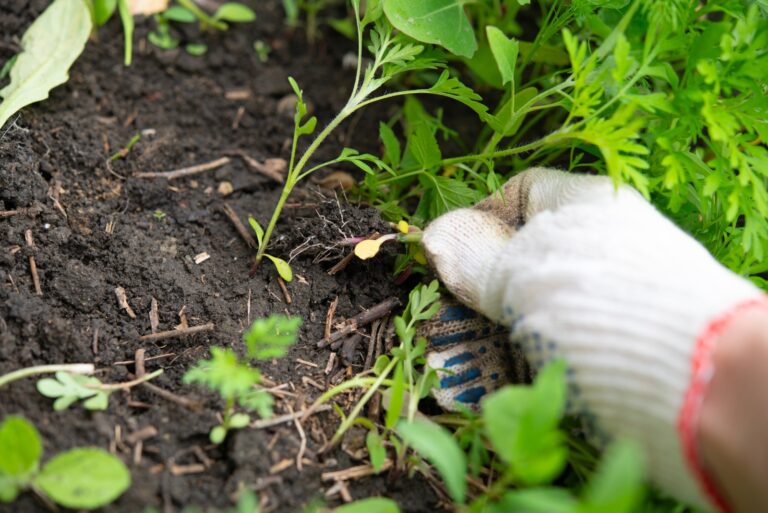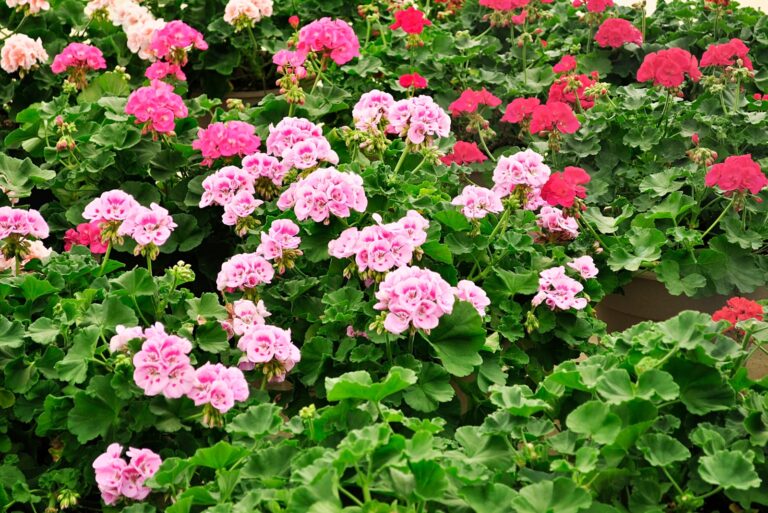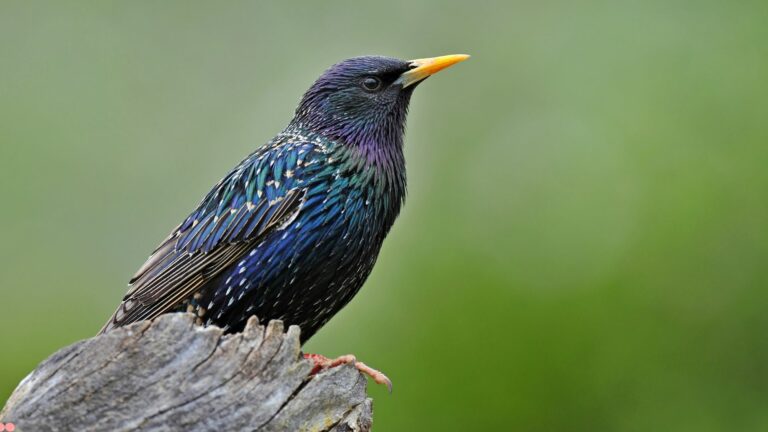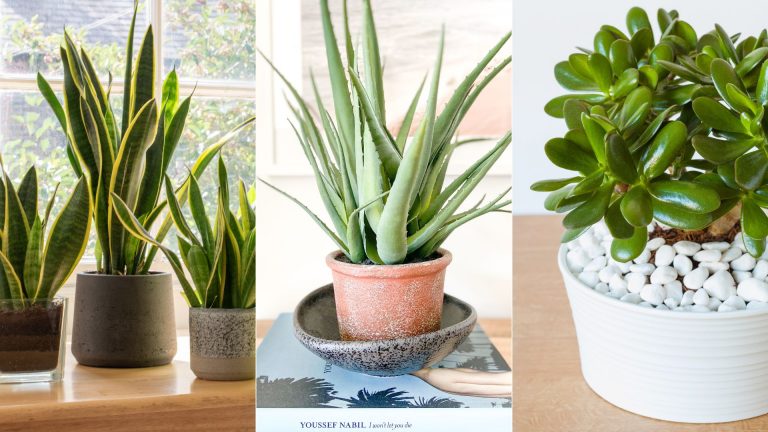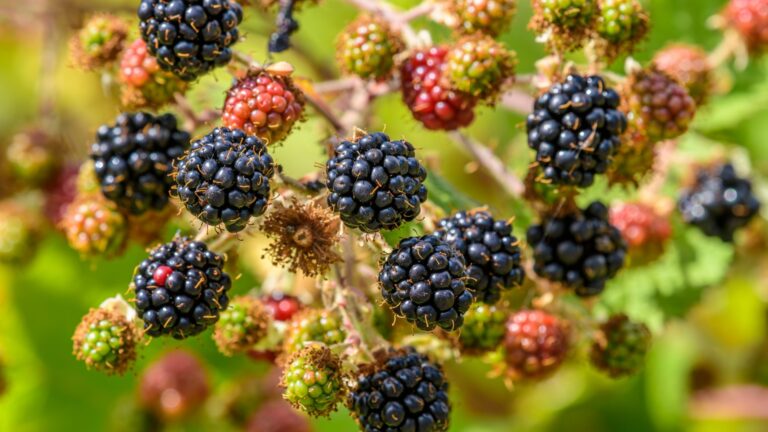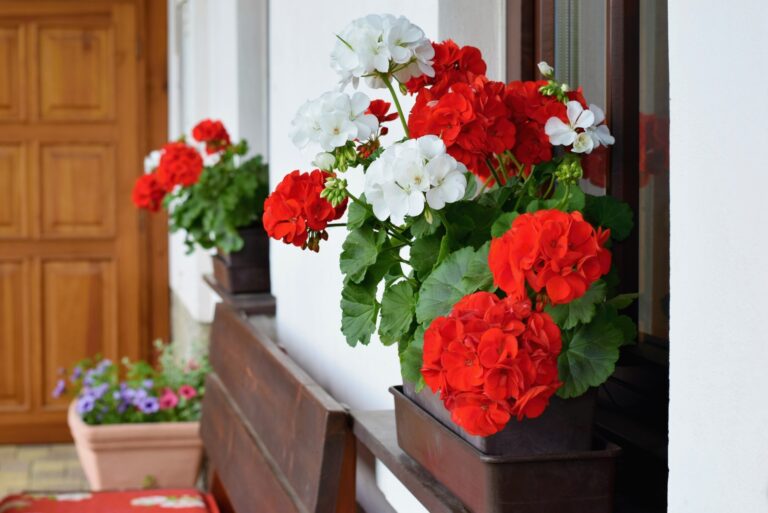8 Things Colorado Gardeners Should Know Before Removing Possums
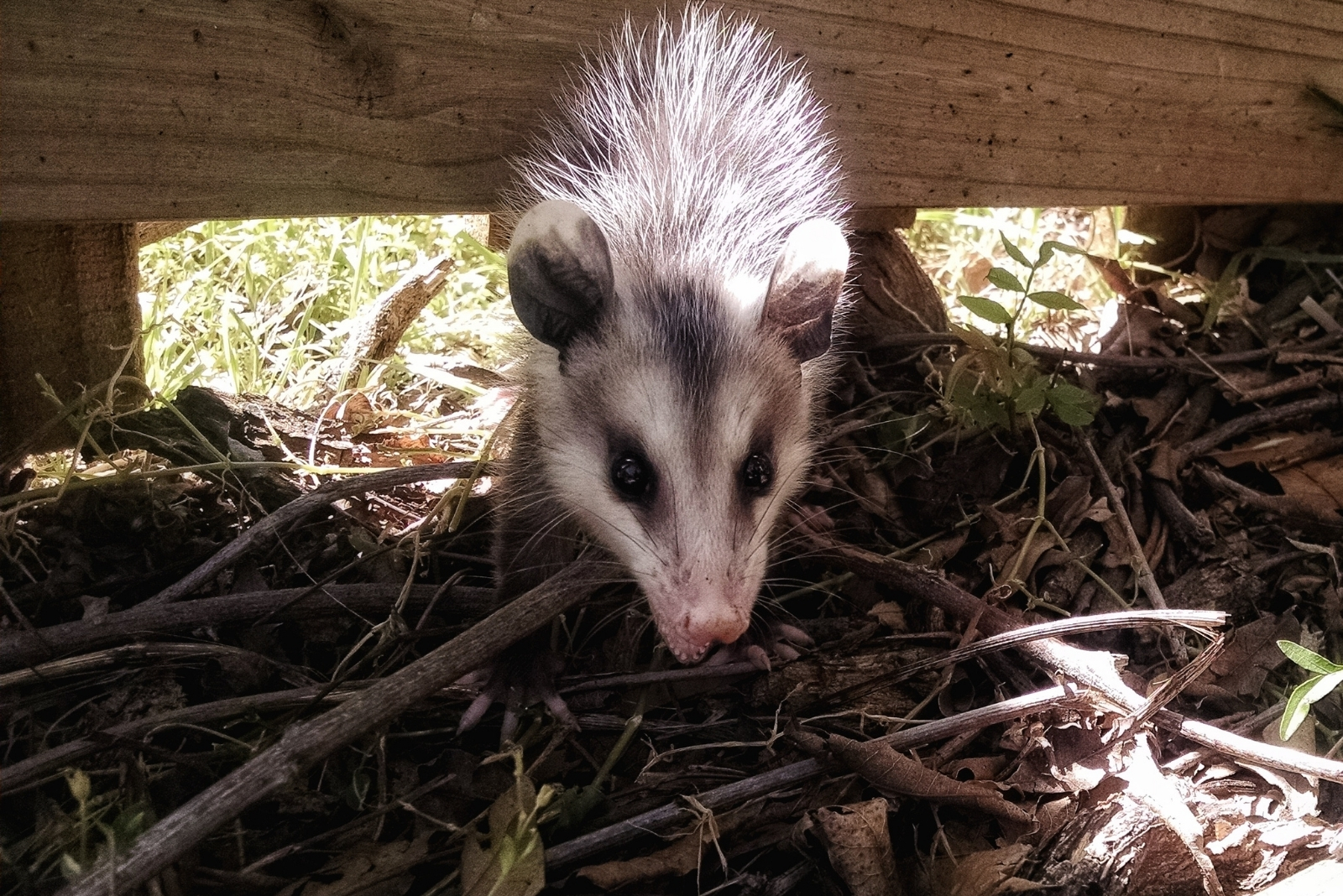
Possums are part of Colorado’s backyard wildlife scene, but they require careful handling. Removing them without proper knowledge can cause unexpected problems.
These tips give you the tools to act responsibly while protecting your garden. Colorado gardeners will find this guide a must-read before taking action.
1. Possums Are Natural Pest Controllers
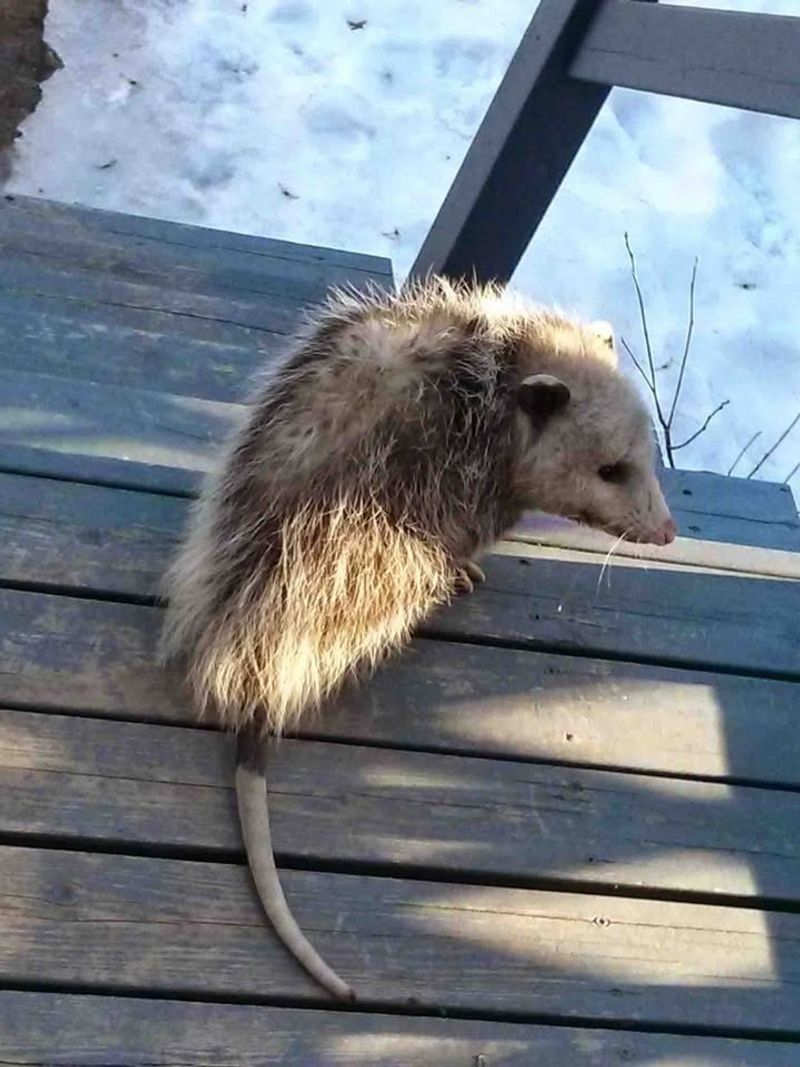
These marsupials devour thousands of ticks and other pesky bugs weekly. Colorado gardeners often notice fewer garden pests when possums visit their yards regularly.
They also feast on snails, mice, and rats – critters that typically cause more damage than possums ever will. A single possum can eat up to 5,000 ticks in one season!
2. Rabies Resistance Is Real
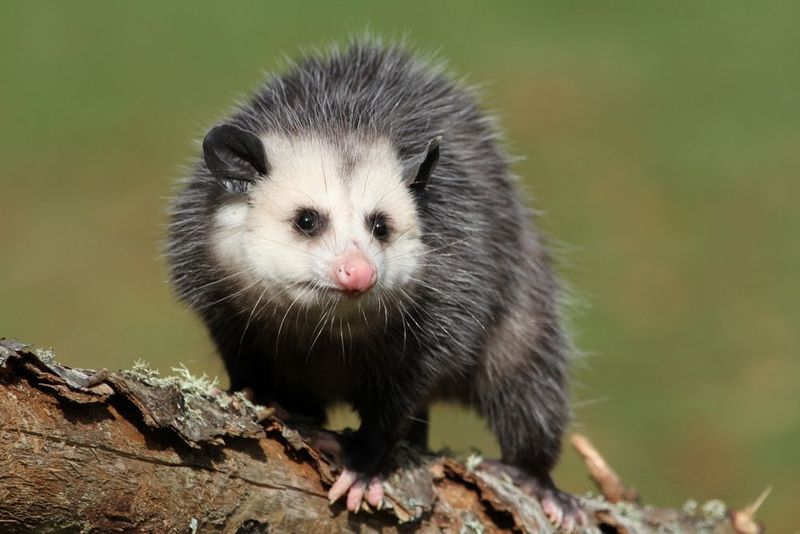
Unlike many wild mammals, possums rarely carry rabies thanks to their low body temperature. For worried Colorado homeowners, this fact alone makes them safer than many other wildlife visitors.
Their immune system effectively fights off the virus, making them an unlikely threat to your family or pets. This unique biological feature sets them apart from raccoons and skunks.
3. Venomous Snake Immunity
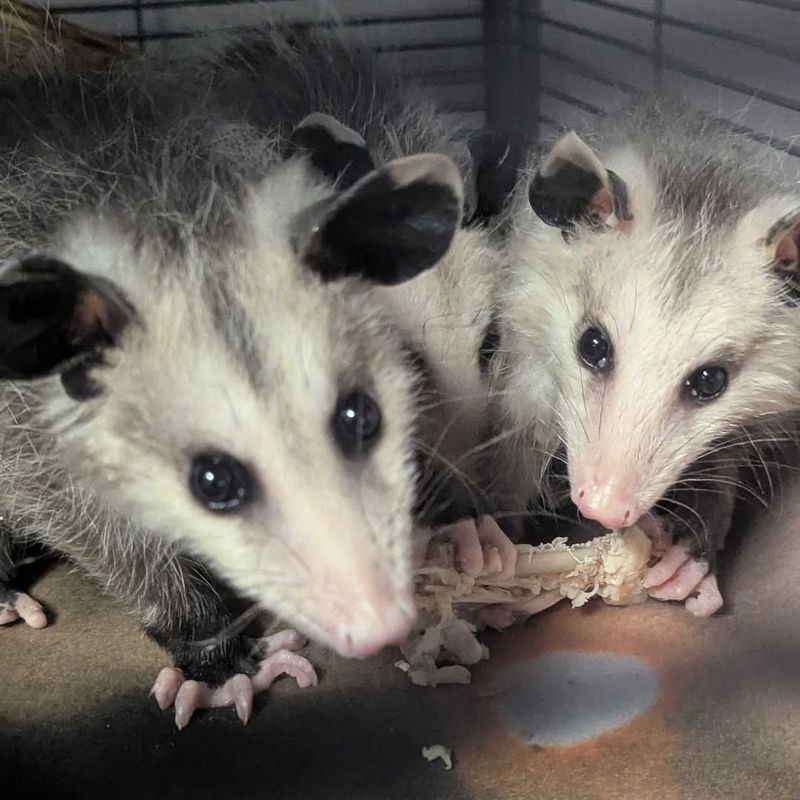
Got rattlesnakes in your Colorado garden? Possums might be your allies. These remarkable creatures possess natural immunity to most snake venoms and actively hunt venomous snakes.
Their protective protein neutralizes snake toxins, allowing them to prey on dangerous reptiles that might otherwise threaten your outdoor spaces. Many Front Range gardeners appreciate this unexpected benefit!
4. Garden Clean-up Crew
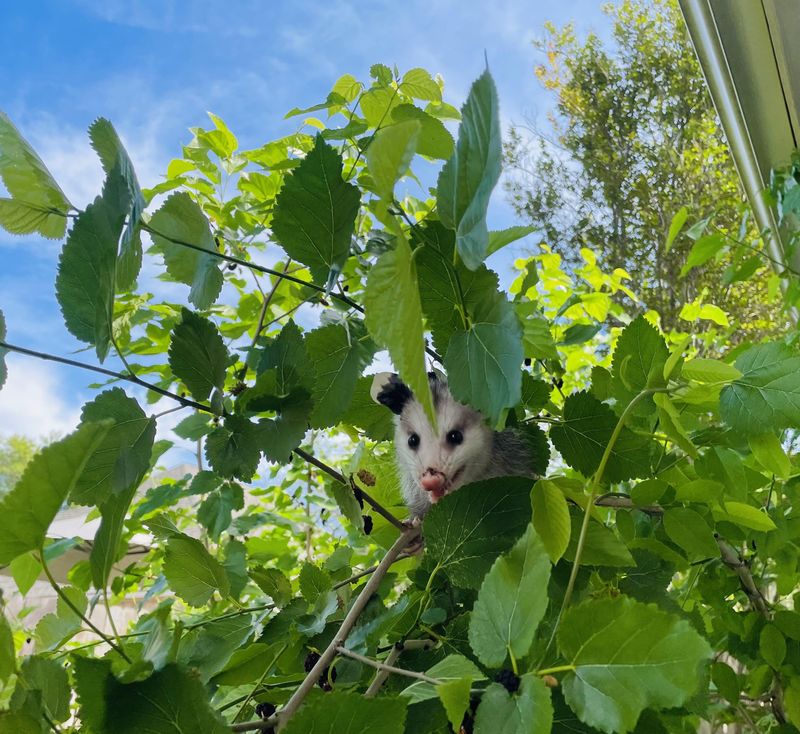
Fallen fruit doesn’t stand a chance with possums around. They’ll happily clean up rotting produce that might otherwise attract unwanted pests to your Colorado property.
This natural garbage disposal service reduces fruit fly populations and helps prevent disease spread among your plants. Many Colorado gardeners consider possums valuable partners in maintaining garden hygiene.
5. Temporary Garden Visitors
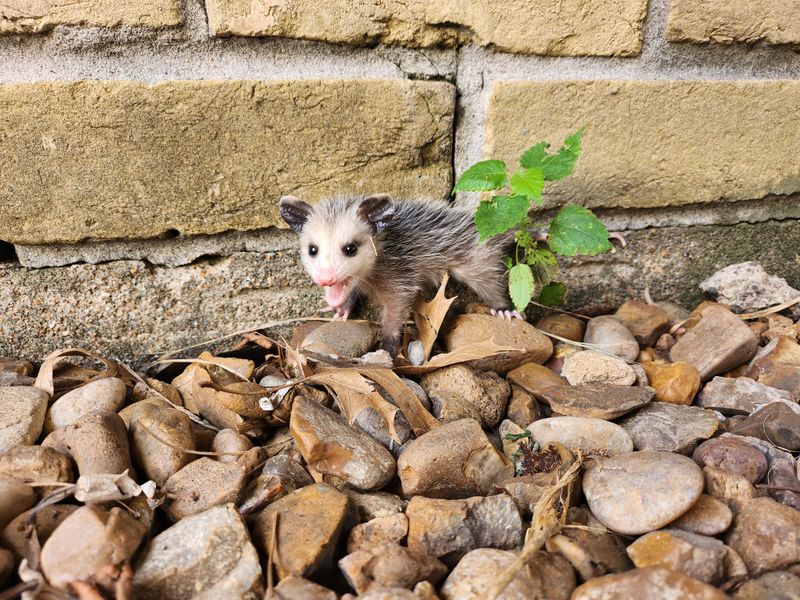
Possums rarely settle permanently in one location. Colorado wildlife experts note they typically stay in an area for just a few days before moving along to new territory.
Their nomadic nature means any garden disturbance is usually short-lived. Patient gardeners across the Centennial State often find that possum “problems” resolve themselves without intervention.
6. Relocation Challenges
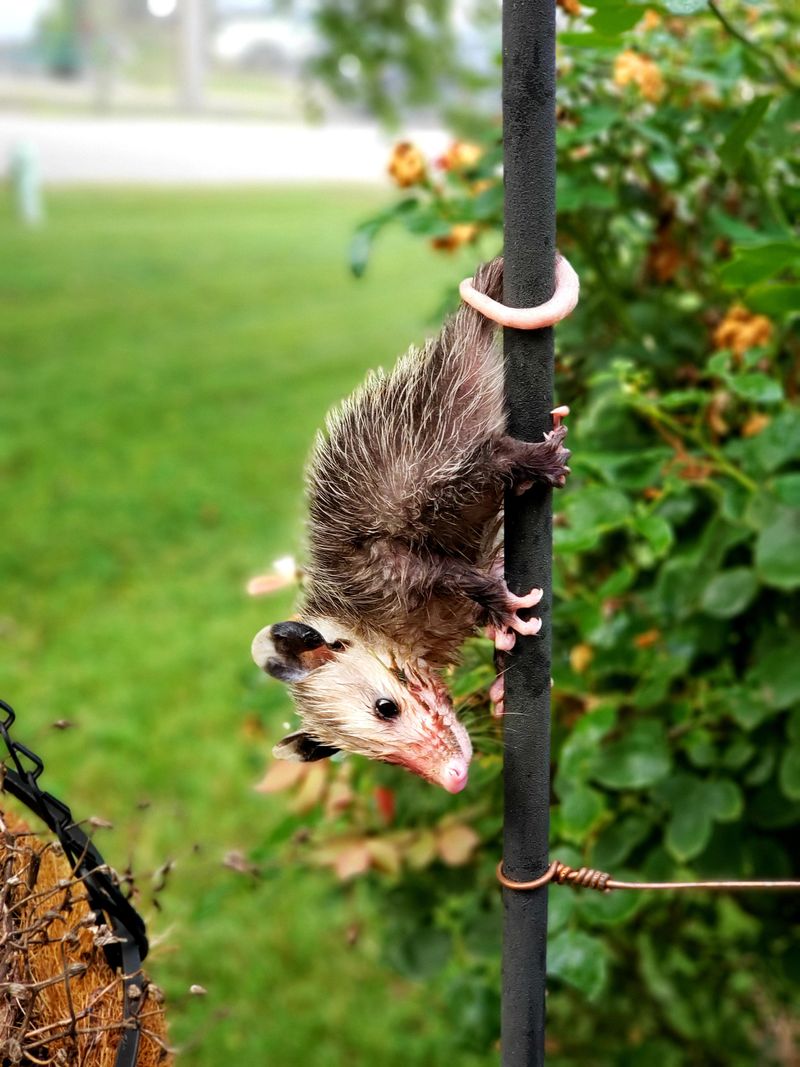
Moving possums often fails as a long-term solution. Colorado’s wildlife regulations also restrict relocating many wild animals without proper permits.
Relocated possums frequently struggle to find food and shelter in unfamiliar territory. Many Colorado conservation groups recommend coexistence strategies instead of displacement when possible.
7. Defensive Displays Aren’t Dangerous
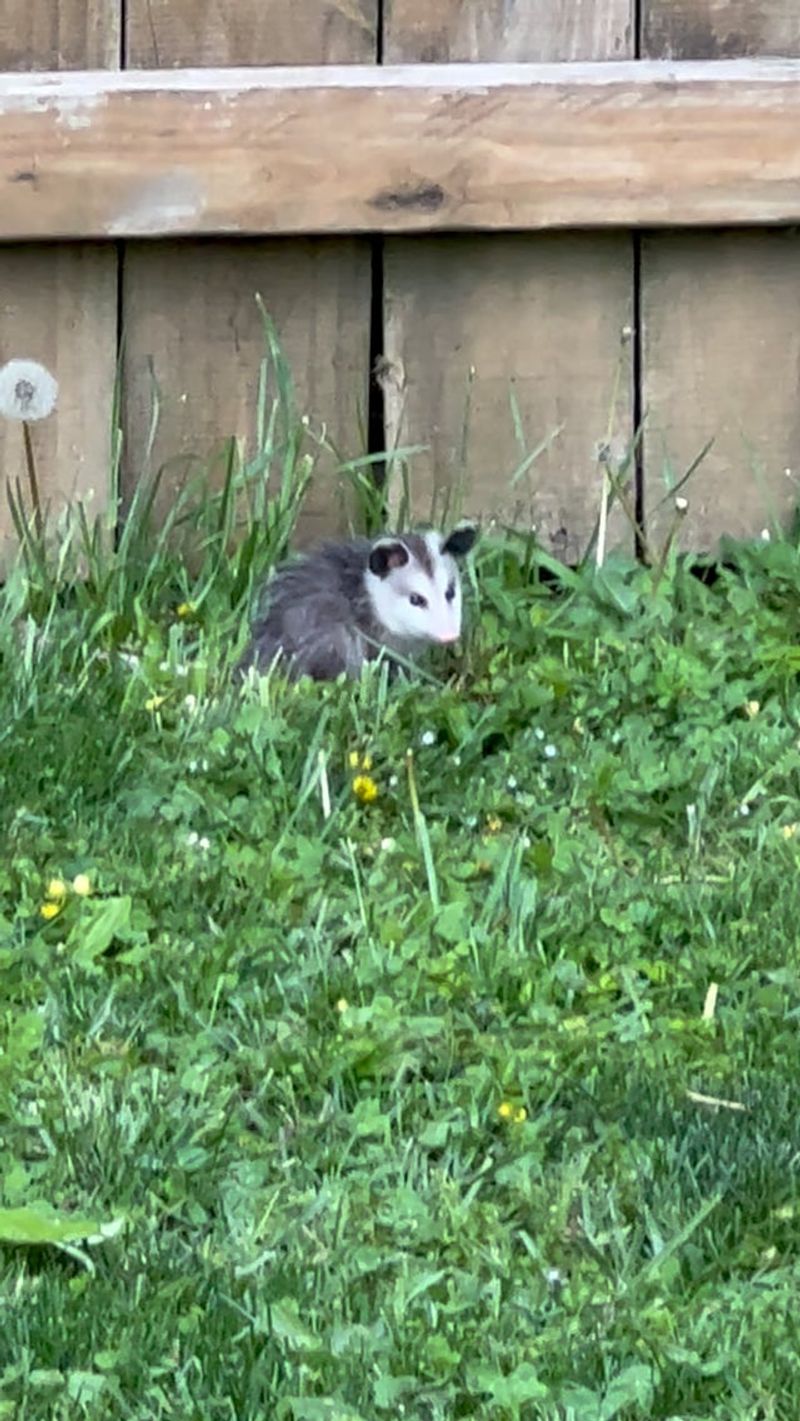
That famous “playing dead” routine isn’t the only trick possums have. When startled in Colorado gardens, they might hiss and show teeth – purely defensive behaviors that rarely lead to aggression.
Understanding these natural responses helps gardeners remain calm during encounters. Most possums in the Rocky Mountain region prefer flight over fight when given space and time to retreat.
8. Humane Deterrent Methods
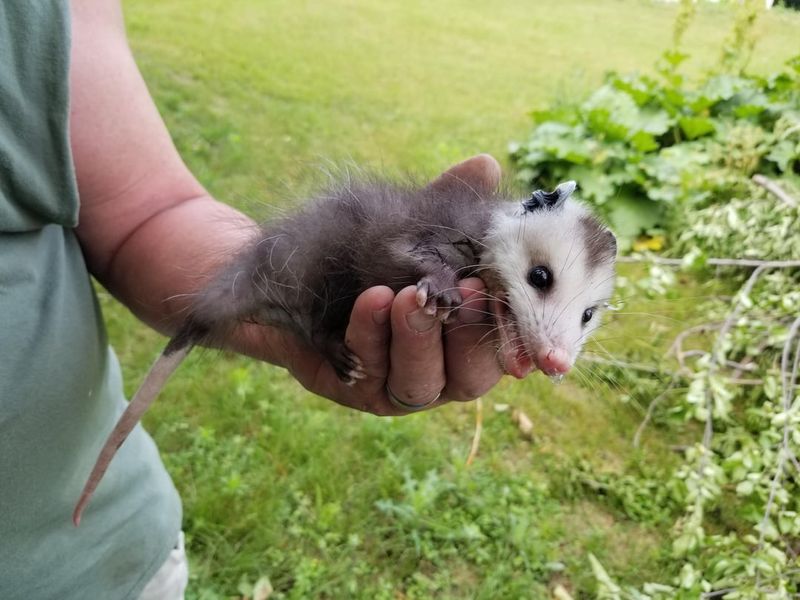
For Colorado gardeners determined to discourage possums, motion-activated sprinklers offer a gentle solution. These startling but harmless devices teach possums to avoid your garden without causing harm.
Securing compost bins and removing fallen fruit also reduces attractants. Many Boulder and Denver gardeners find that simple habitat modifications effectively redirect possum activity away from sensitive garden areas.

